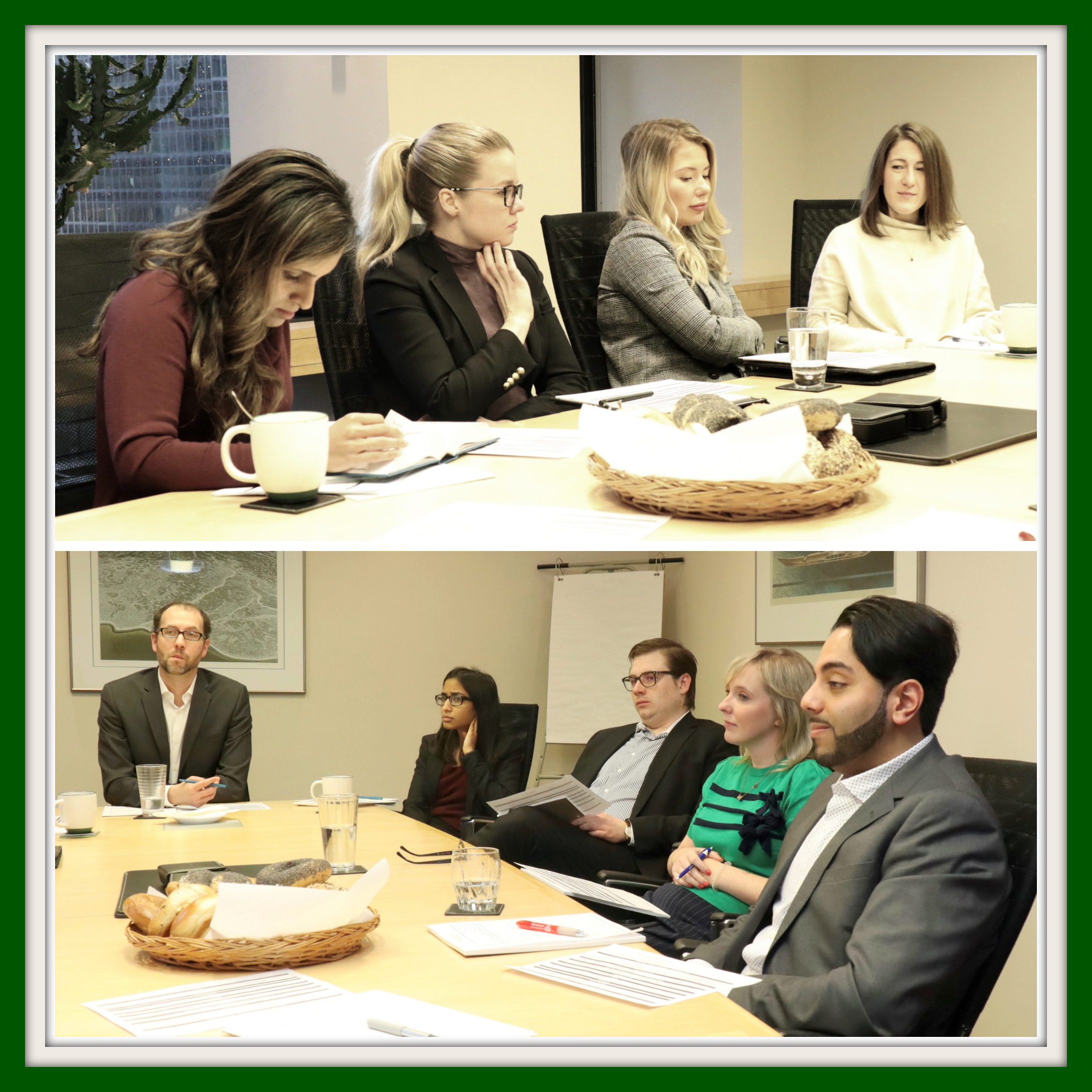Fridays With Rogers Partners
At our muffin meeting, we discussed a decision which provides a very helpful summary of several important principles of evidence.
In particular, in Schindler Elevator Corporation v. Walsh Construction Company of Canada, 2020 ONSC 433, the court stated:
- The truth-seeking function of the trial creates a starting premise that all relevant evidence is admissible.
- To satisfy the standard of relevance, evidence must have “some tendency as a matter of logic and human experience to make the proposition for which it is advanced more likely than the proposition would be in the absence of that evidence”.
- Admissibility is a legal concept standing between relevance and materiality on the one hand and receivability, as well as weight or proof, on the other.
- Weight of evidence is assessed after admissibility. It deals with the sufficiency of admitted evidence to prove a proposition in support of which that evidence is offered. Assessment of weight depends mainly on common sense, logic and experience.
- Opinion evidence may only be tendered through the evidence of a properly qualified expert. Unqualified expert opinion is impermissible and should be struck.
- However, not all expressions of opinion are inadmissible on the part of lay witnesses, notably where they represent a conclusion that people with ordinary experience are able to make. Non-expert opinion on matters requiring no special knowledge, where it is virtually impossible to separate the witness’ inference from the facts on which the inference is based, may be admissible as a compendious way of ascertaining the result of the witness’ observations.
- An out‑of‑court statement is hearsay when (i) it is adduced to prove the truth of its contents, and (ii) there is no opportunity for a contemporaneous cross‑examination of the declarant.
- Only when the out‑of-court statement is being tendered for its truth will it constitute hearsay. Consideration of whether the statement is tendered for its truth must be made in the context of the issues in the case, so that the court may better assess the potential impact of introducing the evidence in its hearsay form.
- Hearsay evidence is presumptively inadmissible unless it falls under an exception to the hearsay rule. The traditional exceptions to the hearsay rule remain presumptively in place, but may be challenged to determine whether the evidence is supported by indicia of necessity and reliability. If not, then in “rare cases” such hearsay evidence may still be excluded.
- If hearsay evidence does not fall under an existing common law hearsay exception, it may still be admitted under the principled approach to hearsay, which requires that indicia of both reliability and necessity be established.
- Reasonably contemporaneous records made in the usual and ordinary course of business are generally admissible as evidence of the act, transaction, occurrence or event that is recorded. However, this exemption only applies where the party tendering the writing or record has given at least seven days’ notice of the party’s intention to rely on the exemption.
- Speculative interpretation by a lay witness that is likely to be harmless and, properly considered, may be relevant to arguments advanced is best assessed by a trier of fact in light of the determinations made on relevance to particular issues. Likely harmless speculation by a lay witness on a relevant matter that does not evidently constitute improper argument need not be formalistically struck. The weight to be given to such evidence will turn on the facts of each case.
- It is inappropriate for a witness to provide evidence, whether opinion or otherwise, that constitutes argument in support of that party’s position on the issues that are to be decided by the court.

